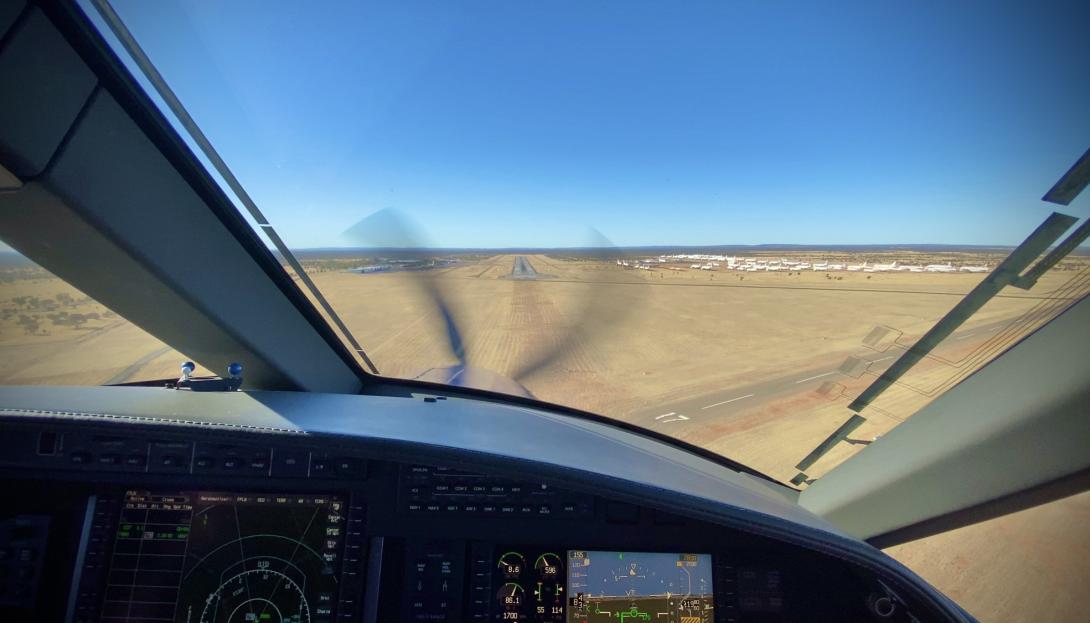
Amendments to the Transport Safety Investigations Regulations (TSI Regulations), which detail the requirements for reporting transport accidents and incidents to the ATSB, took effect on 1 January 2023.
“The TSI Regulations set out the ATSB’s safety occurrence reporting scheme and prescribes what occurrences must be reported to the ATSB, the ‘responsible persons’ who are required to make a report, and the particulars to be included in a report,” said ATSB Chief Commissioner Angus Mitchell.
The changes predominantly relate to the aviation industry.
“For aviation there are two key changes in the amended regulations – the creation of four categories of aircraft operations, each with different reporting requirements, and new requirements for sport aviation bodies to report accidents and incidents to the ATSB,” Mr Mitchell explained.
The four categories comprise Category A (passenger transport), Category B (commercial non-passenger, including medium to large RPA), Category C (non-commercial) aircraft operation, and Category D (small non-excluded RPA and certain uncrewed balloons) aircraft operation.
“Higher categories, in particular passenger-carrying and commercial operations, will have a greater reporting focus due to the greater public safety benefit that could be derived,” said Mr Mitchell.
“Non-commercial aircraft operations and uncrewed RPA and balloons will have lower reporting requirements.”
The Regulations define occurrences that must be reported to the ATSB as “immediately reportable”, which must be reported by telephone as soon as reasonably practical, and “routine reportable” matters, which can be notified to the ATSB by a written report within 72 hours.
“Changes to the regulations ensure immediately reportable matters are those more likely to be considered for investigation by the ATSB, while reducing the reporting requirements on industry for those matters the ATSB is less likely to consider for investigation,” Mr Mitchell explained.
Other changes to the Regulations include aligning aircraft operation categories and definitions with CASA flight operations rules introduced in December 2021, and aligning definitions of aircraft accident, serious aircraft incident, aircraft incident, fatal injury and serious injury with International Civil Aviation Organization definitions
“Changes to the regulations also simplify reporting requirements for industry by removing prescriptive lists of individual kinds of occurrences and defining these concepts more broadly.”
Reporting is now based on more general concepts including accidents, serious incidents, incidents, loss of separation and declaration of emergency. Guidance on the ATSB website and to be provided in the Aeronautical Information Publication details comprehensive examples of type of occurrences that fit into each.
The ATSB consulted extensively with industry on the proposed changes over a five-week timeframe between January and March 2022. Feedback received during that process was largely positive, and helped shape the final Regulations package.
The amended Regulations and new reporting requirements subsequently took effect on 1 January 2023.
“Reporting to the ATSB is a simple and quick process,” Mr Mitchell said.
The ATSB has also updated the reporting forms on the ATSB website to make reporting even easier.
“Nonetheless we do recognise the aviation industry has been through a period of considerable change and disruption in recent years and do stress that our approach to implementing these amended regulations is focusing on education and encouraging better reporting practices over an extended period, with less emphasis placed on compliance particularly for industry participants who may not be fully across the new requirements.”
Aside from being the basis for starting safety investigations, all occurrences reported to the ATSB are maintained in Australia’s official aviation occurrence database and used for safety research and analysis.
“Ultimately all of aviation benefits from an open and trusted aviation occurrence reporting framework.”
Click here for more information.


